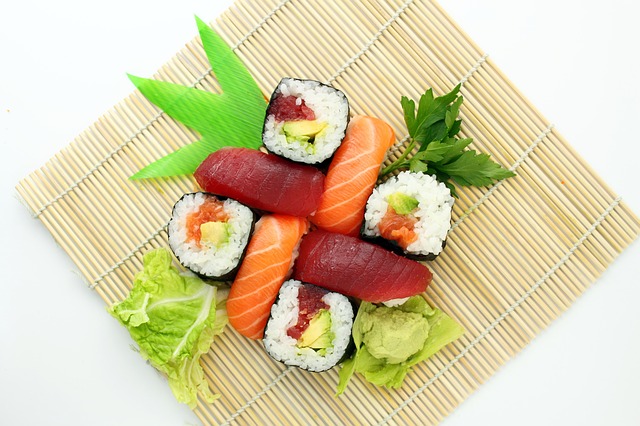Like most marine algae, green seaweed (Chlorophyta) from the Ulvaceae group is a rich source of nutrients. Of particular interest is a group of compounds called ulvans present in Ulva species such as Ulva lactuca (sea lettuce). Ulvans are sulphated polysaccharides that may have beneficial health effects, including immune-modulating effects. The mental health effects of ulvans have been investigated in animals models of depression. In one study, administration of extracts of Ulva seaweed containing ulvans was given to rats for 14 days, after which the rats were exposed to experimental stress. The seaweed extract were significantly protective of depressive behaviour in the rats, suggesting that ulvans may have antidepressant effects. One possibility is that ulvans act as antioxidants in animal tissue, and this may prevent the deleterious effects of stress on the delicate brain tissues, thus preventing the development of depression. However, this theory need to be researched more thoroughly before a definitive answer can be given.

Three main divisions of microalgae (seaweed) exist. These are green (Chlorophyta), brown (Phaeophyta), and red (Rhodophyta) algae. Seaweed can also be classified on the type of storage material they possess in their cell walls. These can be agar, carrageenan, and alginate varieties. Seaweed is generally a rich source of nutrients and many are edible and part of traditional diets.
Eat Well, Stay Healthy, Protect Yourself
RdB
